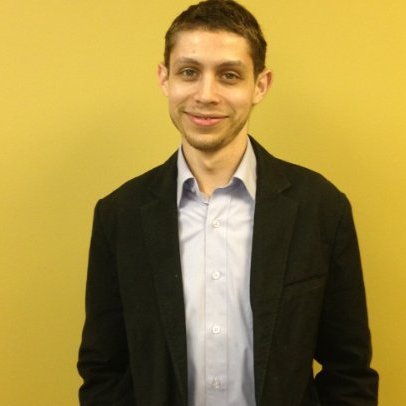
I may never be able to truly “pass” or to be “race neutral.” I have always been and always will be “not quite white.”
I reject those terms because I have been othered on their terms. I can never fully fit in among a group of white people. And even though my pigment is closer to that of my white peers, I have always found more comfort in being around my black brothers and sisters; a sense of belonging and shared struggle that I have never felt in a room full of white people.
I live in Madison, Wisconsin, a predominantly white, liberal city that maintains egregious racial disparities. According to the Race to Equity report, Madison has one of the largest education gaps in the nation: 75 percent of its children living in poverty are black, with black children making up just 8.5 percent of its population; black unemployment is at 25 percent versus 5 percent for whites. Adult black males are 4.8 percent of its population, yet in 2011 they made up 43 percent of new prison placement.
Madison is a very different experience for blacks than it is for whites. I grew up in a bi-racial house. My mother is white and my father is black. I am fair-skinned enough so that I can “pass” at times, but times that are not of my making. My parents raised my sister and I to be racially aware, to understand the racial dynamics of this nation, and to understand the sins of its past. But I am not white. Throughout my childhood this reality created and fostered an extra layer of confusion for me. I fought through a gauntlet of anger, confusion, pain, and deep depression. Now I am experiencing an awakening, a taking back of my power of self-identification.
Often people, mostly white, show their ignorance by asking, “I know you’re not white, but what are you?” As if I am some strange thing to be studied. And then they end up saying, “You’re not really black though,” without understanding the diversity of the black American experience. It is as if they are scared of my ambiguity and that I am some place I do not belong. I had to constantly defend and validate my blackness growing up, mostly among my white peers.
But, at the same time, I have to understand my own privilege in being fair-skinned. I am convinced certain police interactions would have ended differently —and far worse— if I was a shade or two darker. I am convinced that when I was suspended in high school I would have been expelled if I was a shade or two darker. I was caught in school with a controlled substance; this was a time before zero tolerance policies went into effect. Instead of being expelled, many school administrators and teachers advocated for me, seeing a promising child committing a youthful mistake and not a criminal act. In the end, I served a five-day suspension. When Black boys are caught in school with drugs, they are often seen as criminals committing a criminal act and not a teen making a mistake. But none of that makes the sting when a classmate calls you half-nigger, nigglett, or half-and-half hurt any less. It doesn’t make being turned away from a restaurant when you’re with your family as a child any less confusing.
Today, I struggle to understand how some of my beautiful black brothers and sisters hate their faces and hate being black. I struggle when I hear someone say they wish they had “good hair” and not love who they are. Especially now, with all love to my mother and love to my white friends, I have come to wish I wasn’t half white. I have come to rejecting my whiteness in a way. I am in no way saying that I hate or reject white people. Instead I am consciously grabbing the power to identify myself. I claim my blackness with pride, the pride of a people that have had great scientists, inventors, world leaders and shakers, of great men and women throughout history. Outside of physically building America, we have continued to add so much to this nation, culturally and intellectually. We have given it our soul. There is nothing to be ashamed of in being black.
I recognize that I am a promise, a promise of the possibility of equality and justice. Those who fought and died before me created a world where I could exist as I do, even with all the pain and confusion. The promise that one day we may be able to confront the sins of our past and leave this destructive racism behind and move forward as a truly united society. One where we celebrate our differences and culture, not where being white is the default and where anything different receives a day or a month of recognition.
We must not continue to live in fear of other people and cultures. If we do, our path as a society will be one of self-destruction. We, as a society must recognize our failings, our inequalities, and the pain many of our people are living and breathing. We are not in a post-racial America, nor should we strive to be, because that means we are not celebrating diversity or embracing our differences, but creating uniformity, in which we all end up lost.
Through my knowledge of history and my own life, I understand that I am my father’s son: I am putting my fist in the air. I am being attacked by police dogs. I am Birmingham. I am a man lynched because he looked the “wrong way” at a white women. I am that lost and confused slave striving for freedom and knowledge. I am a hidden history of success and significance. I am an empire lost in the sand whose reach through history permeates to today. I am the birth of humanity. I am black.



